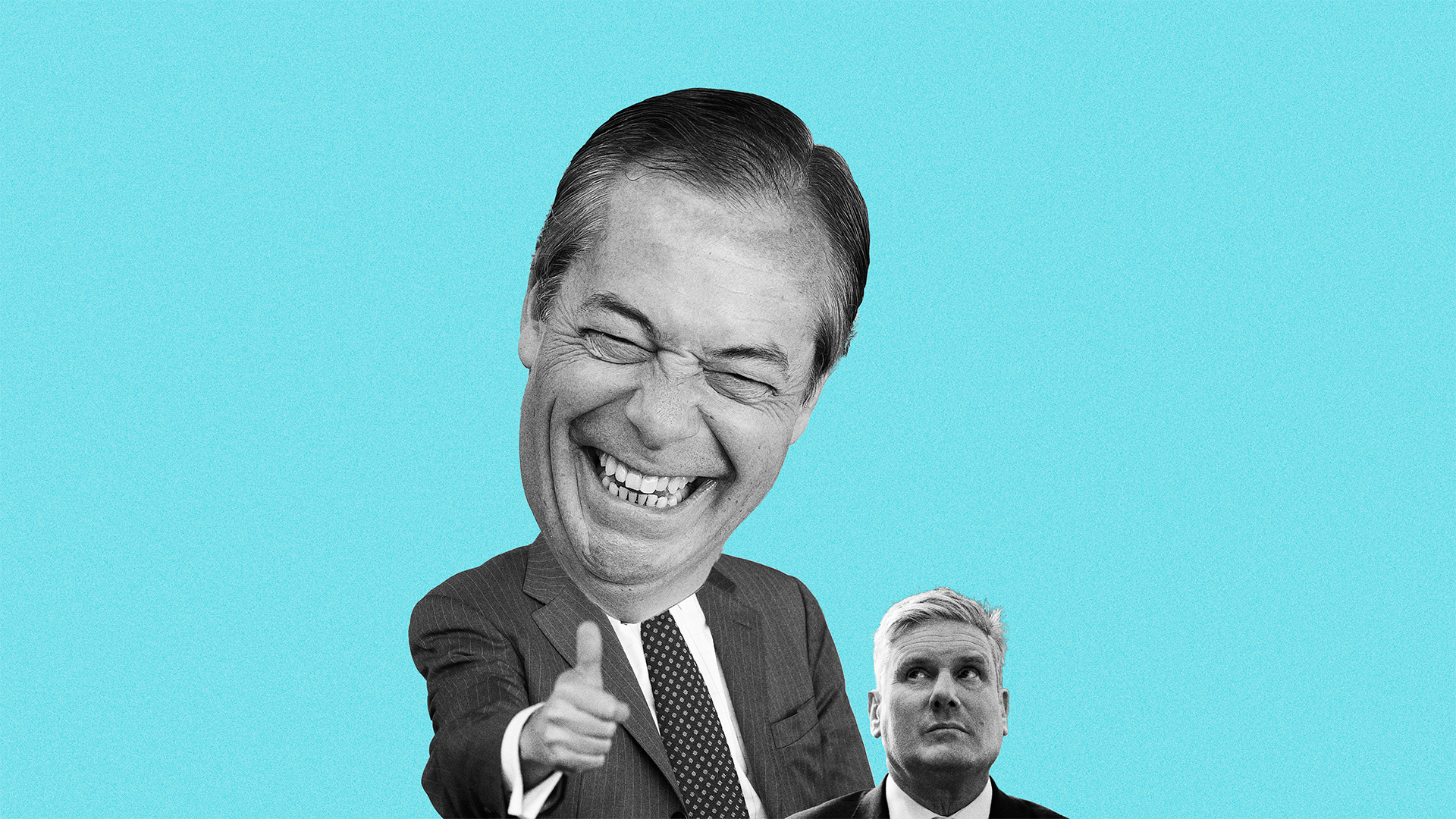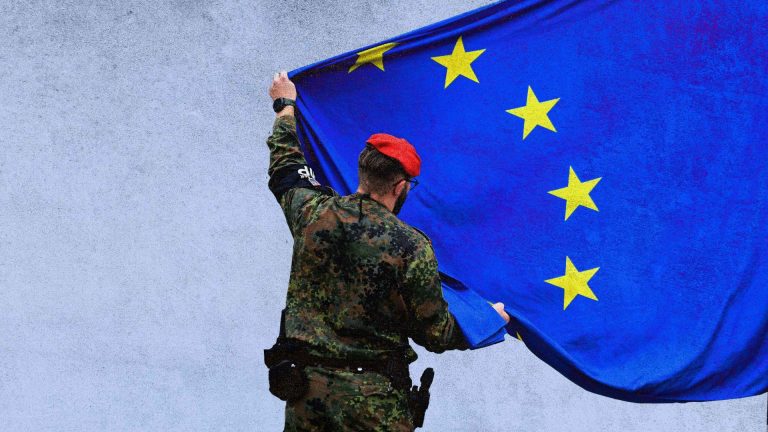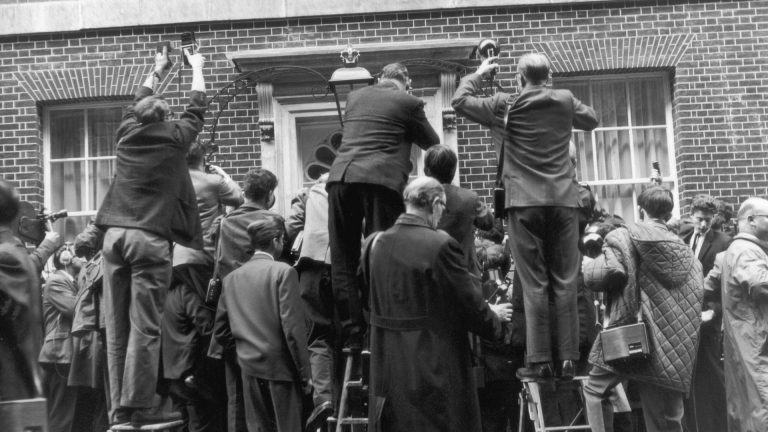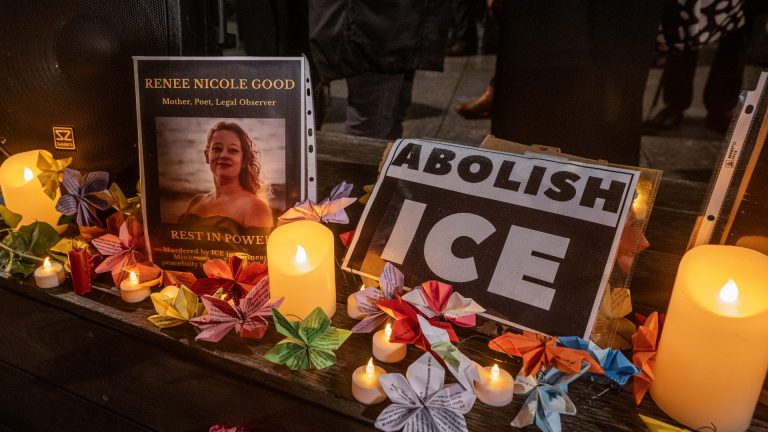After weeks of letting Nigel Farage set the agenda, Labour have finally stirred – and gone on the attack against Reform’s leader over Brexit.
Leading the change is European relations minister Nick Thomas-Symonds, who wants speedier progress on the UK/EU reset deal announced earlier this year – specifically on alignment with the bloc’s sanitary and phytosanitary (SPS) laws for agrifood, which the government says will cut costly licenses and checks on cross-border food and thus lower prices.
Importantly, Thomas-Symonds is also doing the media rounds to accuse Farage of wanting to “take Britain backwards” by tearing up post-Brexit trade deals that the government say is adding back some of the growth squandered by leaving the European Union. It is hopefully the start of a sustained attack on Farage and Reform on relations with Europe; with the government arguing that they would drag us back into a cold war with our closest trading partners.
Thomas-Symonds said: “He is saying to all those business up and down the country, ‘we want to reintroduce all those costs’. That is anti-business. He did not even look at the details of the deal – no respect for the national interest.
“Nigel Farage wants Britain to fail. His model of politics feeds on it, offering the easy answers, dividing communities and stoking anger.”
The idea that better news might be on the way for consumers via the Brexit reset is timely. Last week saw the latest bit of heavy rain in Labour’s feelbad summer, another worrying figure to set alongside the poll ratings (21%, nine below Reform), the job vacancy numbers (down 5%) and the small boat crossings (28,000 so far this year and heading for a record).
UK inflation hit 3.8% in July, up 0.2% on June, and two bits of analysis stood out. One, that rising food inflation – a key driver of the overall figure – is partly down to drought in Spain, Italy and Portugal, where we continue to buy much of our fresh fruit and veg because sovereignty does not beat geography. For now, produce shortages have pushed prices up at a time when they would usually fall.
And two, that food prices in the UK are rising at a higher rate than experienced by our European neighbours – much higher, in some cases. Though some of the recent hikes here can be explained by supermarkets seeking to cover increased costs following the employer national insurance rise, the cost of Brexit red tape seems to have made its mark, too.
Before Britain left the EU, food inflation seemed like a problem for others. Between 2015-2020, prices rose by 6% in Italy, 9% in France and 11% in Germany but by just 4% in the UK.
But things have changed since the glorious “get Brexit done” summer of 2020. Between then and 2025, food prices have risen 23% in France, in Italy 26% and in troubled Germany 34%. Yet world-beating Britain has managed a 36% rise.
Things are likely to get worse here before they get better. The Bank of England thinks UK food inflation, now 4.9%, will rise to 5.5% by the end of the year before falling to between 2% and 3% in 2026. Others think it may go as high as 6% and fall back at a slower rate. That is grim news for consumers, and for a government looking for some light in the pouring rain.
Suggested Reading
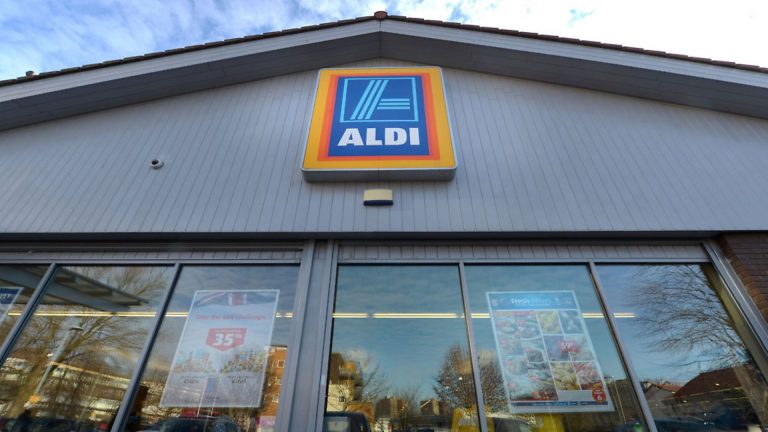

Will Aldi and Lidl win the UK supermarket wars?
Migrant hotel protests, welfare cut humiliations, the new Corbyn party, pointless arrests of Palestinian Action supporters, guerrilla union flag installations – a combination of all these feels crushing for Keir Starmer at the moment. Yet even though voters seem to have already made their minds up about Starmer and Rachel Reeves, a tangible improvement in the cost of living could cause a mass outbreak of amnesia and see Labour’s ratings start to rise again.
Food inflation is pushing that hoped-for uplift further out of reach. No wonder, then, that the government is reported to have decided to cancel planned extra border checks on live animal imports from the EU, which would have pushed meat prices even higher, and is now making this SPS move.
Suggested Reading
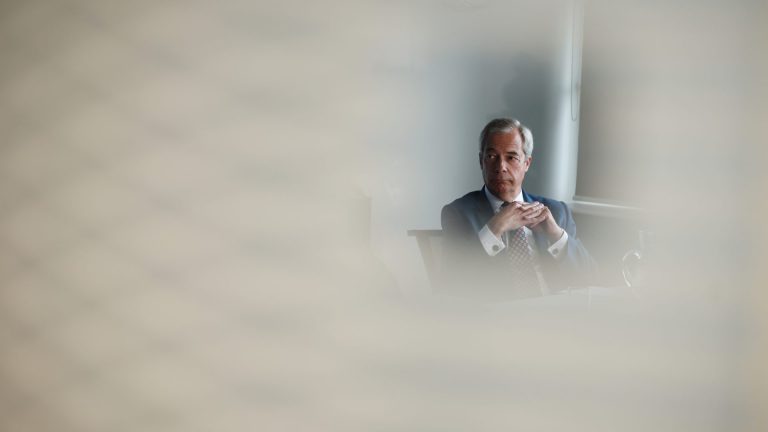

Nigel Farage is borderline delusional
What lie ahead are both tough negotiations with Brussels and stern opposition from Brexiteers like Farage over sovereignty and rule-taking. Yet Labour must overcome both and get this done, fast.
Do so and a little bit of sunshine for consumers might be on the way. Drag things out and the sun might only start to warm us three or four years hence – just in time for new prime minister Nigel Farage to arrive in Downing Street, basking in the glow.


